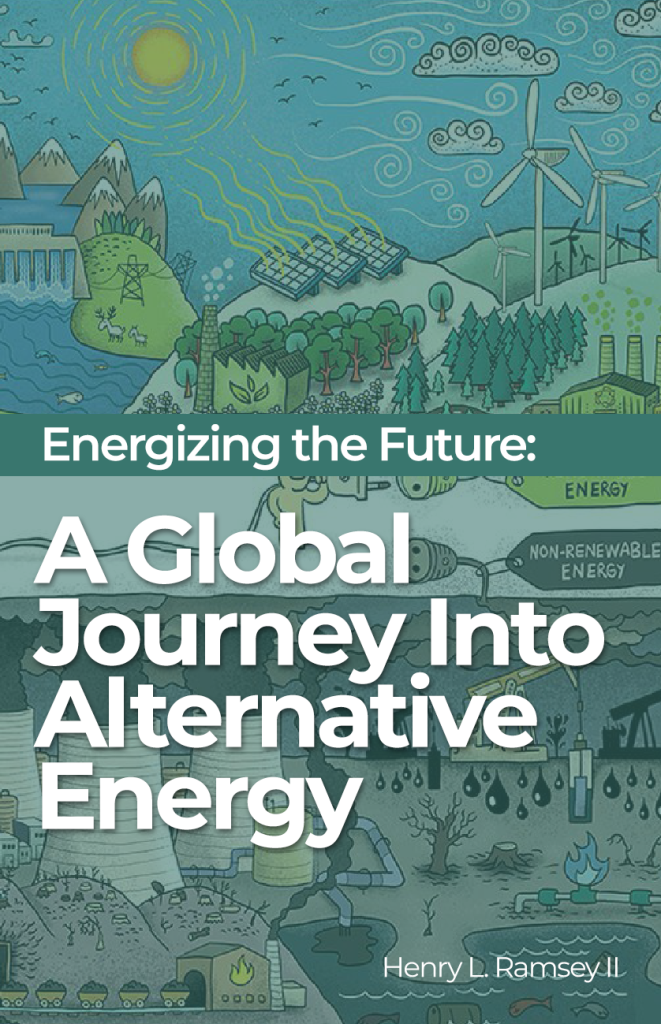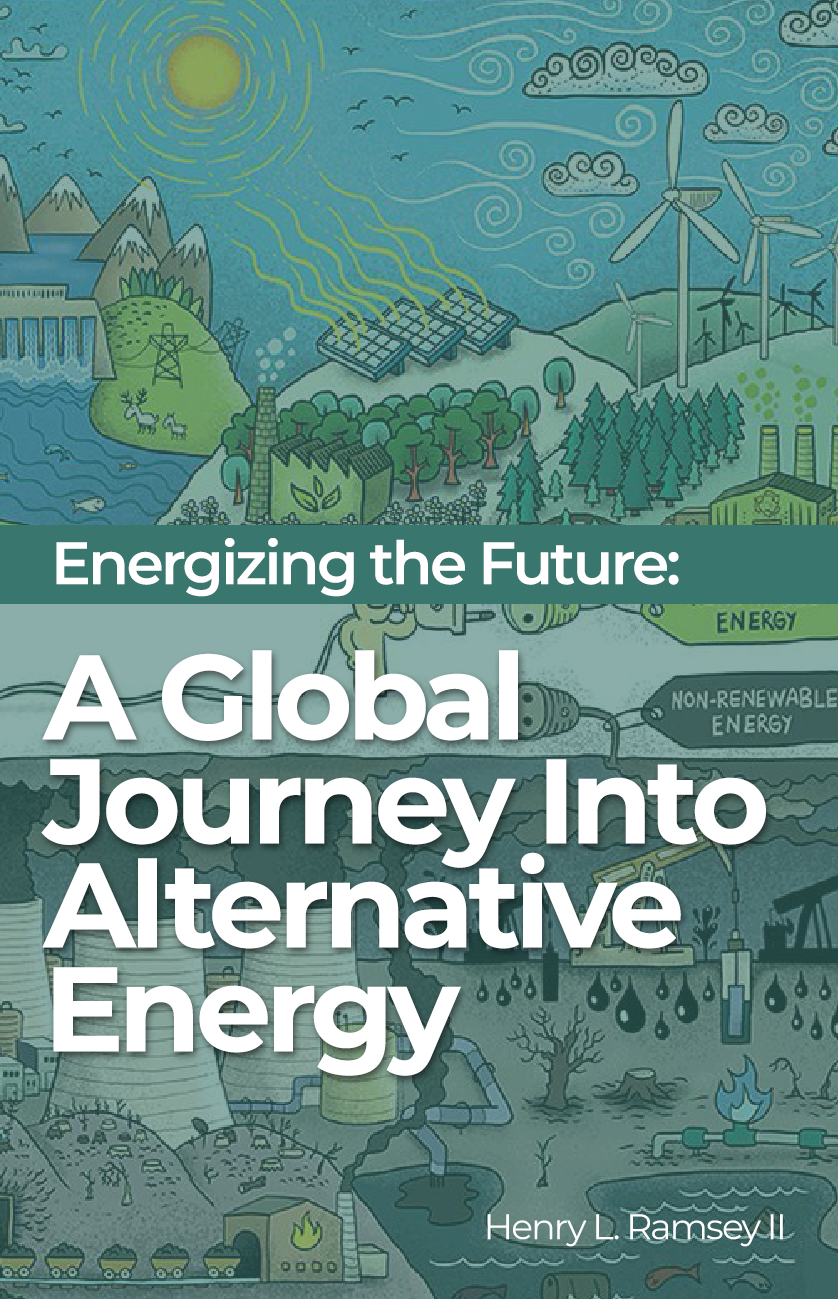Understanding alternative energy is essential in today’s world for various reasons, encompassing environmental, economic, and social aspects. Here’s a breakdown of the need for understanding alternative energy:
- Environmental Sustainability: Alternative energy sources, such as solar, wind, hydro, and geothermal power, are environmentally friendly because they produce little to no greenhouse gas emissions. By transitioning from fossil fuels to these cleaner options, we can significantly reduce our carbon footprint and combat climate change. Understanding alternative energy is crucial for addressing environmental challenges and preserving the planet for future generations.
- Mitigating Climate Change: The burning of fossil fuels is a primary driver of climate change, which poses significant threats to ecosystems and human societies. Understanding alternative energy is essential to recognize its role in mitigating climate change. By reducing carbon emissions through renewable energy adoption, we can slow down the pace of global warming and reduce the severity of its impacts.
- Energy Security: Relying heavily on fossil fuels, especially imported oil and gas, can make a country vulnerable to supply disruptions and price fluctuations. Understanding alternative energy sources like solar, wind, and nuclear power helps enhance energy security by diversifying the energy mix and reducing dependence on geopolitically unstable regions.
- Economic Opportunities: The alternative energy sector offers significant economic opportunities. Understanding these technologies can drive innovation, create jobs, and stimulate economic growth. As the global energy landscape shifts, individuals and businesses that understand and invest in alternative energy can position themselves for success in emerging markets.
- Cost Savings: While there may be upfront costs associated with transitioning to alternative energy sources, understanding the long-term benefits is crucial. Solar panels, wind turbines, and energy-efficient technologies can lead to substantial cost savings over time by reducing energy bills and decreasing maintenance expenses.
- Air Quality and Public Health: Fossil fuel combustion is a major source of air pollutants that harm human health. Understanding alternative energy’s role in improving air quality can lead to healthier communities, reduced healthcare costs, and an overall better quality of life for people living in areas with high pollution levels.
- Resource Conservation: Alternative energy sources, such as sunlight, wind, and geothermal heat, are renewable and abundant. Understanding how these resources work and harnessing them efficiently can help conserve finite natural resources and reduce the negative environmental impacts of resource extraction.
- Technological Advancements: Learning about alternative energy technologies and their development can inspire innovation and technological advancements in other sectors as well. For example, breakthroughs in energy storage can benefit transportation and grid infrastructure.
- Energy Access: Understanding alternative energy can help provide access to clean and reliable energy for remote and underserved populations, bridging the energy access gap and improving the living conditions of millions of people worldwide.
- Global Collaboration: Energy and environmental challenges are global in nature. Understanding alternative energy promotes international collaboration and diplomacy as nations work together to address shared concerns and achieve common goals related to sustainable energy and climate action.
In conclusion, understanding alternative energy is essential for addressing some of the most pressing issues of our time, including climate change, environmental degradation, energy security, and economic development. It empowers individuals, communities, and nations to make informed decisions that can lead to a more sustainable, prosperous, and equitable future for all.







